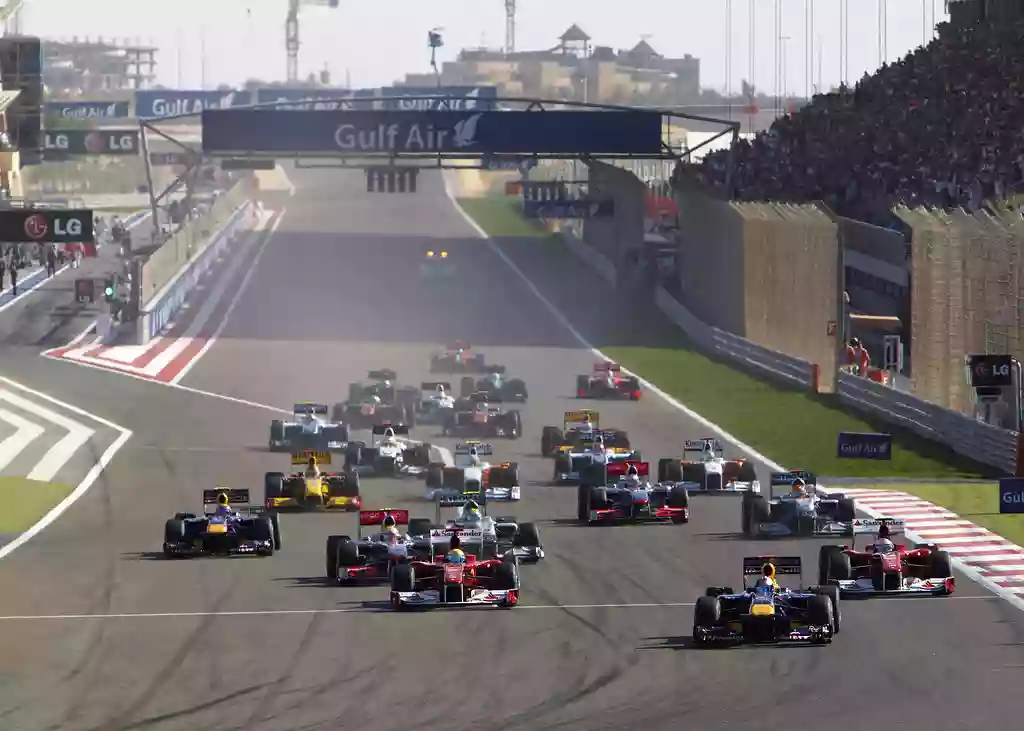Entradas Garantizadas. Los precios de los boletos podrían superar su valor nominal.
Moneda
Lenguaje
Formula 1
Vive la emoción de la Formula 1, el pináculo del automovilismo mundial. Asegura tus entradas para la temporada 2025 y experimenta la velocidad, la tecnología y el drama en los circuitos más icónicos del planeta. ¡No te pierdas la acción y sé parte de la historia!
